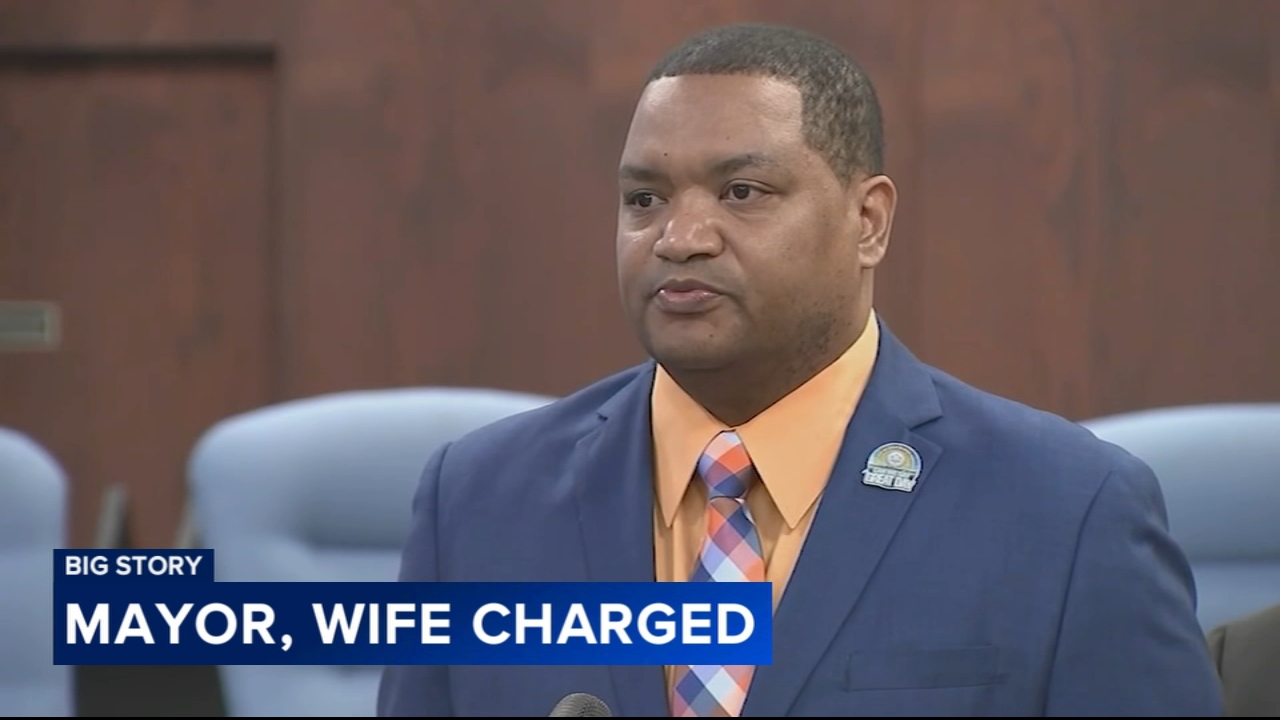Health insurance expert shares tips on getting coverage during COVID-19 outbreak
A growing number of Americans are now without health insurance as the coronavirus pandemic has led to millions losing their jobs. So what does that mean for their health insurance? We talked to a health care expert on getting the coverage and care you need.
According to one estimate, 12 to 35 million Americans could lose their employer-based health coverage amid the ongoing pandemic layoffs.
"Well, first I would say don't panic," said Seth Denson, a health care expert.
The White House said hospitals will get stimulus money to treat uninsured coronavirus patients.
"What we're seeing is the health department, along with state, federal, and local governments are working through how to best handle the uninsured, but no one is being denied access to care," Denson said.
If you've been laid off, you can keep your employer plan for up to three years under COBRA. Those premiums can be expensive, though, so work with your employer to see if it will subsidize premiums for a period of time.
If you have a health savings account or HSA, you can use those funds to pay for COBRA premiums. (The same does not apply if you have a Flexible Savings Account or FSA. Those funds can only be used for medical costs.)
"That's the first thing. And the second thing is check to see if there's other insurance available to you," he said.
You might have options aside from COBRA that cost less.
"Under the current Affordable Care Act guidelines, loss of qualified coverage, in this case, an employer-sponsored plan does constitute a qualifying event. So because it's a qualifying event, you can actually go out and enroll in an Affordable Care Act plan or a federal exchange-based plan," he said.
You get access to a 30-day open enrollment period.
One more option: you can also tap into your IRA to pay for health care needs without having to pay a withdrawal penalty.
If you've been furloughed, your health benefits should continue even if you file for unemployment but ask your employer how to pay your required contributions.
We have results of a recent eHealthsurvey: 97% of health insurers say they are waiving out-of-pocket costs for coronavirus testing. Sixty percent are allowing members impacted by COVID-19 to defer premium payments.





